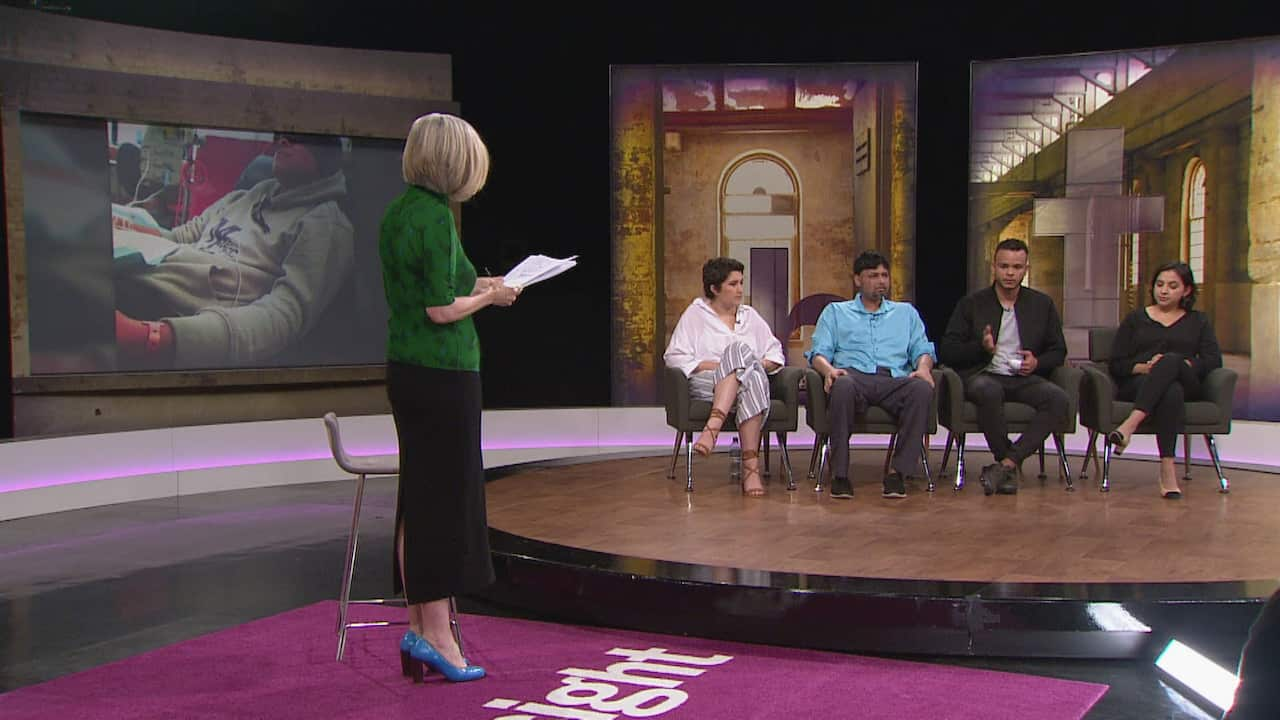In the week before her leukaemia diagnosis Maddi Delaney was busy playing volleyball for NSW, studying to maintain her top grades and "doing stuff that 16 year olds do but are not really meant to be doing".
So when she was urgently told to go to Sydney Children's Hospital, her family even joked about cancer. She was too young for cancer.
But Maddi was one of the 1000 adolescents and young adults aged between 15 and 25 in Australia who are diagnosed with cancer each year.
Nikhil Autar was in his final year at a selective high school when he was given a 10 to 20 per cent chance of surviving acute myeloid leukaemia (AML). Nikhil beat the odds but ended up riddled with chronic pain.
Nikhil beat the odds but ended up riddled with chronic pain.

The Cancer Sucks episode asks what it’s like dealing with the physical and emotional scars left by what could have killed you? Source: Insight
"I was telling people, you know, I'm fine ... But a lot of the time I wasn't and I didn't realise why," he told SBS's Insight.
Nikhil's experience is not uncommon.
With technology improving, currently 88 per cent of teenagers and young adults will fight off cancer but two-thirds of those survivors will experience at least one chronic health issue as a result of their treatment.
Sarah Pfister, 21, says people expect once the cancer is gone that you are all better and get on with life, but that is not the case.
"I think as young adults who've had a cancer diagnosis, we'll be having scans forever, [we're] forever a patient," she told Insight.
And while 88 per cent is a promising overall rate, this age group is not having the same improved survival gains as children and older adults.
CanTeen Australia research manager Pandora Patterson said things would be different if our health system was not so siloed.
"Young people are dispersed between paediatric and adult settings so there is no focused care for these young people medically or psychosocially," she said.
Watch Insight's Cancer Sucks episode from 8.30pm on Tuesday or on SBS On Demand.








